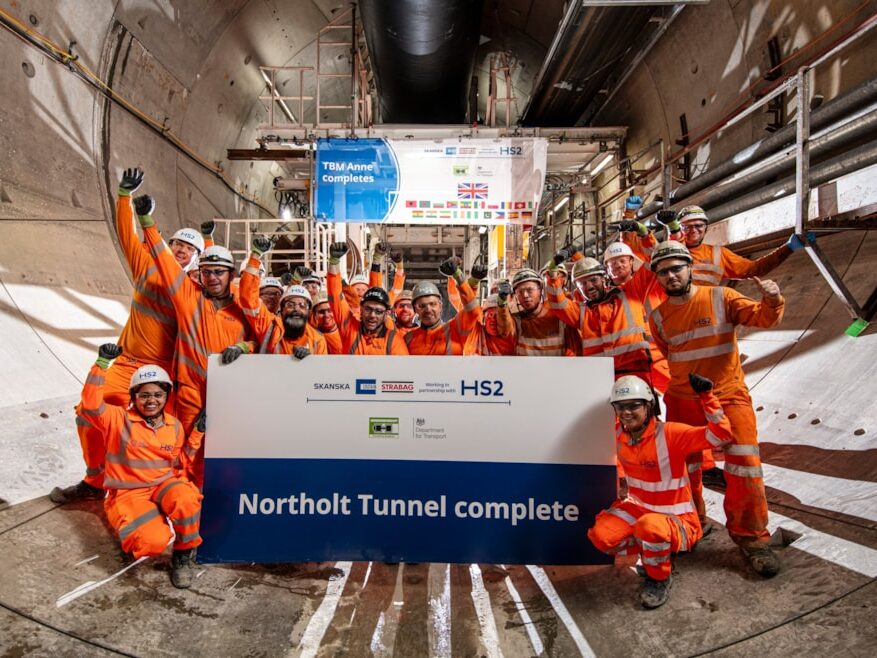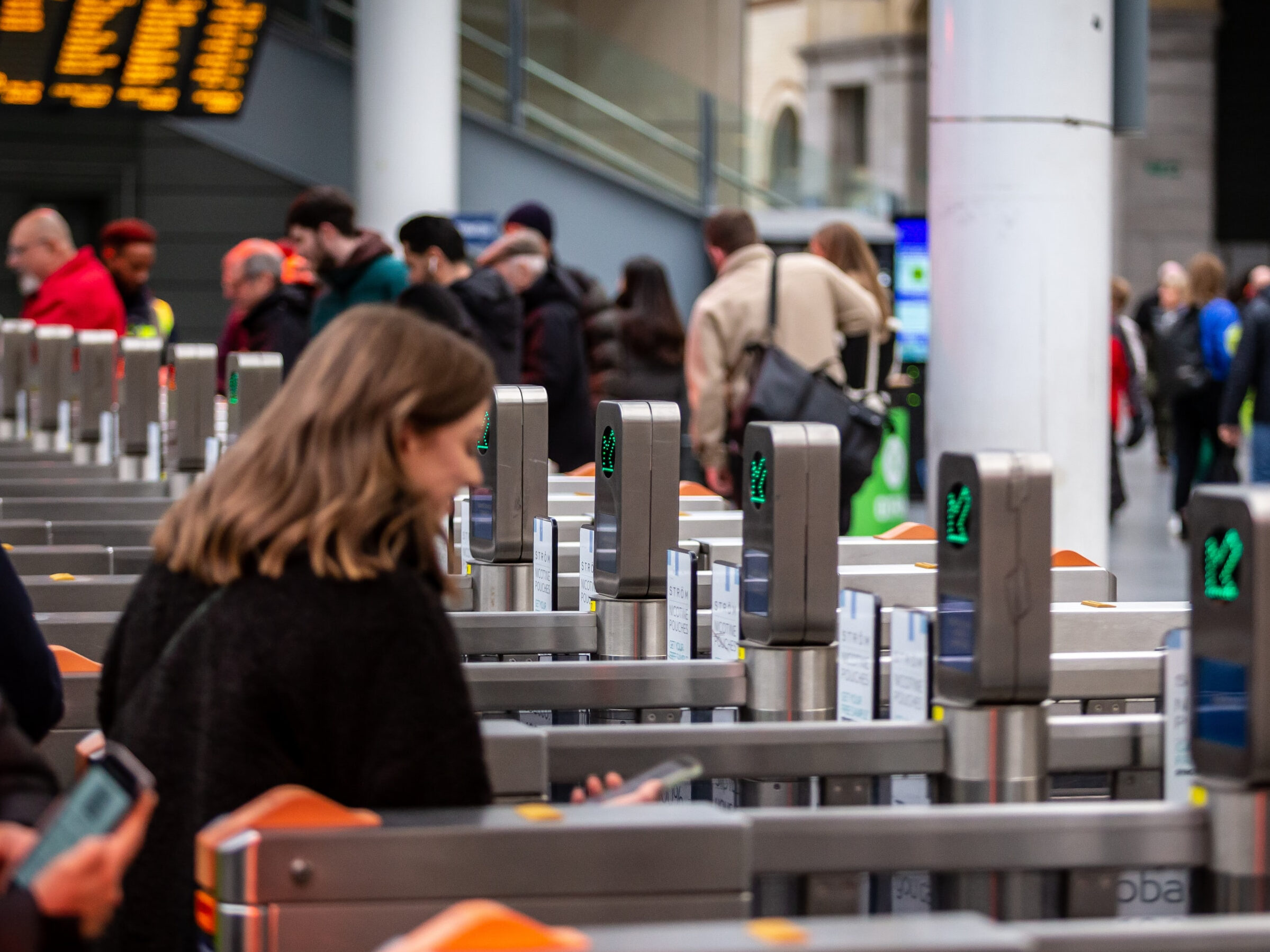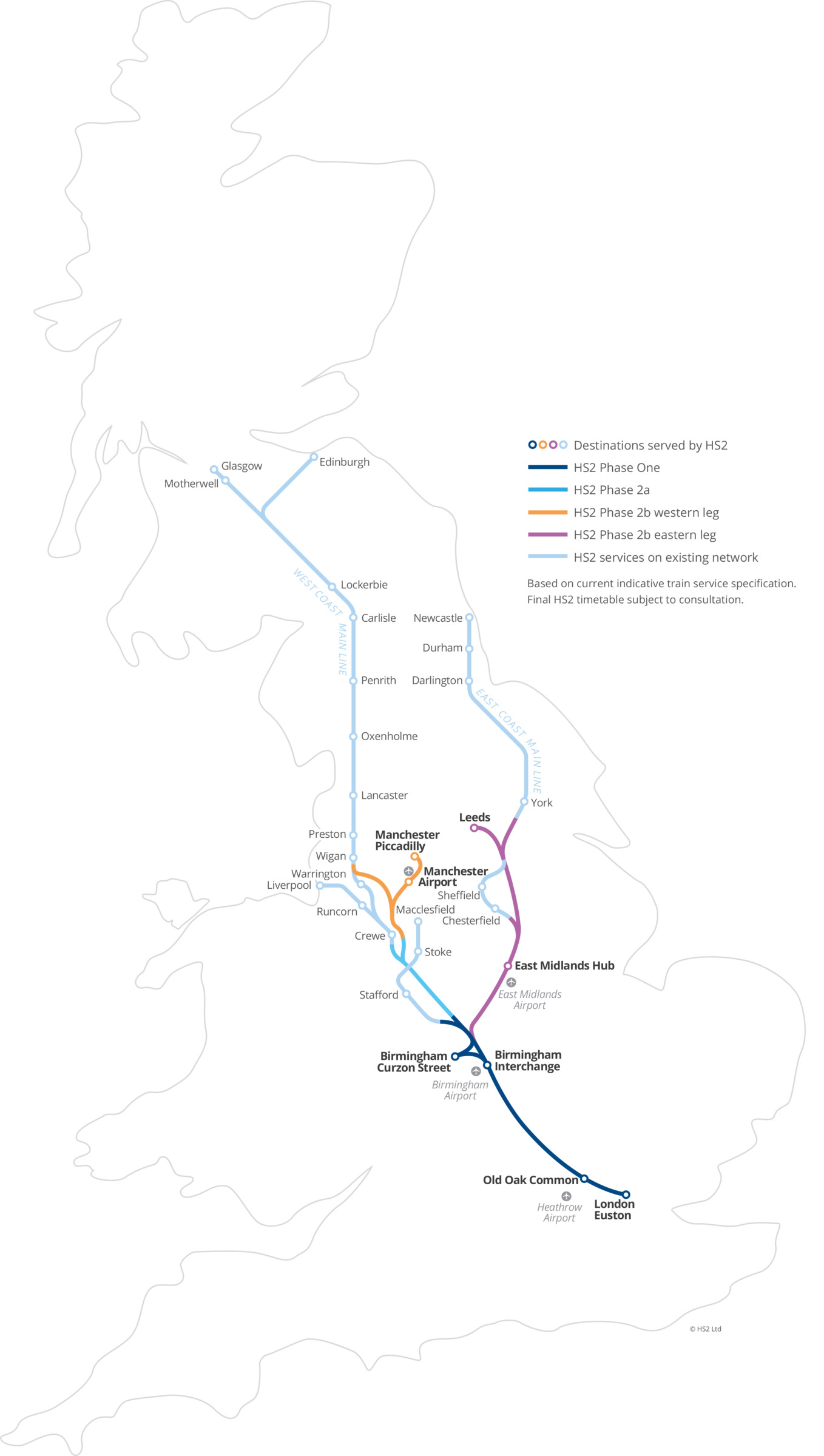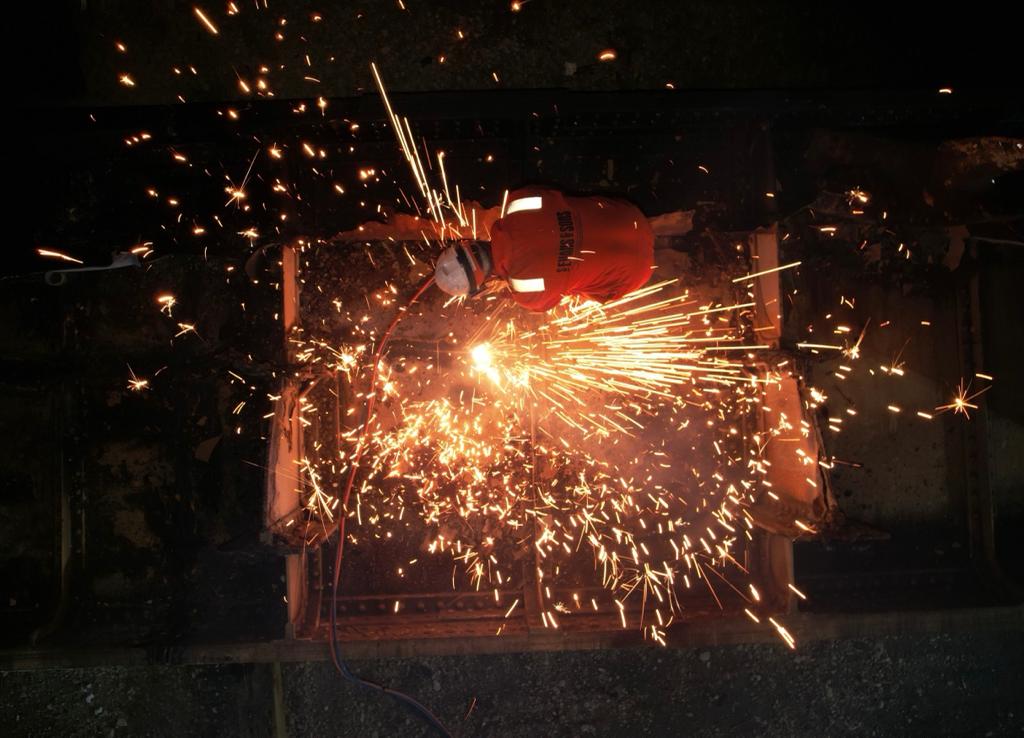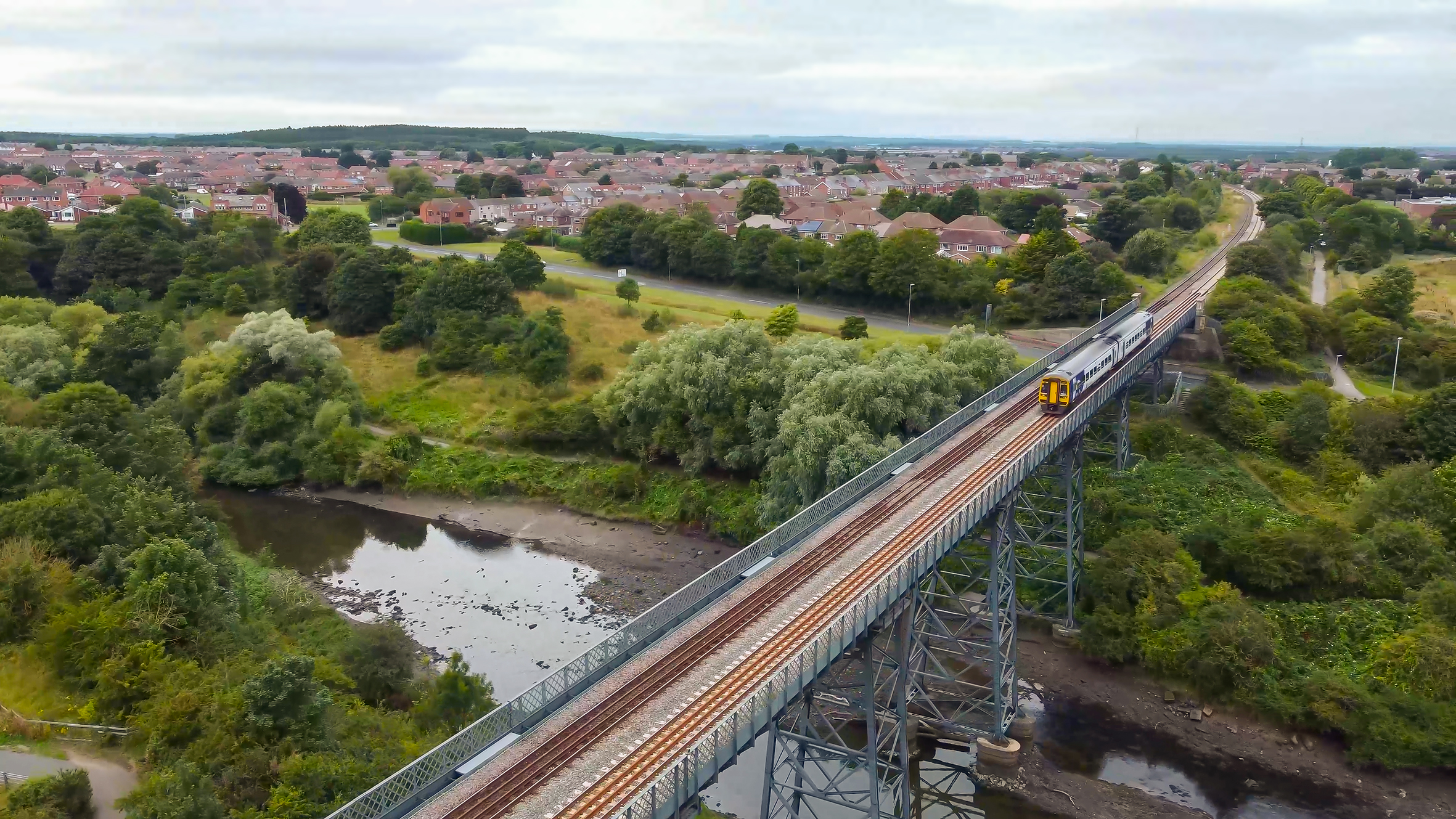Specialist divers are pouring underwater concrete to protect two major West Coast Main Line railway viaducts in Carlisle.
These repairs are being made as part of a 1.3m GBP ( 1.51m euros | 1.79m USD) Great North Rail Project investment.
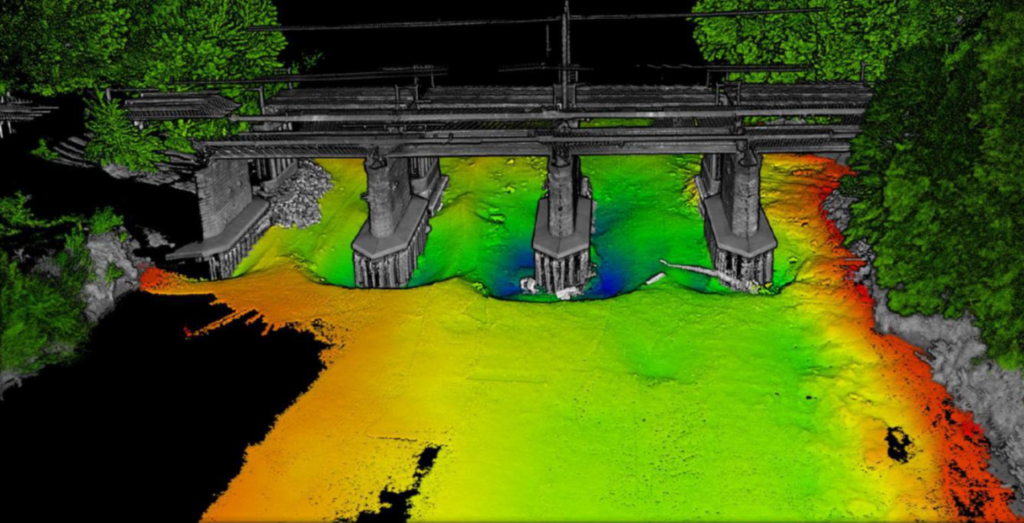
Laser surveys carried out by Network Rail showed fast flowing water from the River Eden has caused parts of the riverbed to wash away, posing a risk to the viaducts’ foundations.
Approximately 900 tonnes of special setting concrete are being poured by divers from Scour Protection Ltd to provide a stable platform for the viaducts’ columns or piers.
Network Rail’s ecology teams have been working closely with the Environment Agency and Natural England to monitor the river and make sure this work has the least impact possible. The concrete is made from a mix with ‘zero leach’, meaning it’s wildlife friendly and safe for the environment.
More than 2,200t of rock has also temporarily been put into the river to calm the waters and divert its flow so the divers can work under the surface. Much of the work will be undertaken by touch, as water visibility in the River Eden is particularly poor.
Because of the deteriorating riverbed condition, trains have been running at reduced speeds of 20mph over the Victorian and 1940s-built structures. Once this first phase of work is complete in the next few weeks, trains will be able to run at full speed of 100mph over the viaducts.
This means faster, more reliable journeys for passengers and freight.
Chris Pye, Network Rail Infrastructure Director for the North West, saidIt's not every day you call in diving teams to help improve railway lines, but this work is essential to keep passenger and freight trains moving on the West Coast main line.
After using the latest laser mapping technology to give detailed scans of the riverbed we brought this work forward so we could secure this crucial rail link between England and Scotland for the winter ready for the second phase of work next summer.
The second phase of viaduct strengthening work will take place next summer as a permanent fix to the riverbed erosion.

















